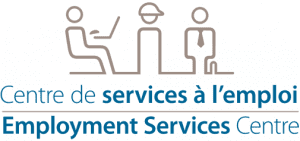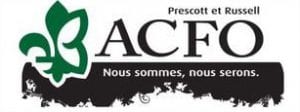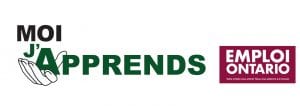Housing
Finding a place to live can be challenging, especially from a distance.
To begin your search, try browsing the following websites:
- Kijiji
- Point2Homes
- Facebook Marketplace
- Facebook Groups (in French) Hawkesbury rental housing and Hawkesbury On & Grenville QC Housing and Apartments for Rent
- Real estate companies RE/MAX, Exit, Royal Lepage, Realtor, Purple Bricks, Point2Homes, etc.
Depending on your needs, the keywords to use in your search may include:
- single-family home
- duplex, triplex or fourplex (a building divided into two, three or four units respectively, usually rented)
- apartment for rent
- room for rent
- farmhouse and farm
- land
If you’re looking for an apartment of a specific size, you can search by number of rooms.
3 ½ = an apartment with a bedroom, living room, kitchen and bathroom.
4 ½ = an apartment with two bedrooms, a living room, kitchen and bathroom.
5 ½ = an apartment with three bedrooms, a living room, kitchen and bathroom.
And so on. If you come across the abbreviation “+ Den,” this refers an additional space that’s considered too small to be a bedroom.
Handy tip!
We strongly recommend that you conduct searches in both of Canada’s official languages, English and French, to maximize your results.
Good to know
In Canada, people usually rent empty, unfurnished apartments. In some cases, appliances (refrigerator and oven) are included. Some apartments come equipped with a washer and dryer or the building may have a laundry room. If not, look for a nearby self-service laundromat and dry cleaner. You can always ask the landlord if they will include all the appliances for an additional fee. You could also contact the current tenant to see if they would be willing to sell them to you.
Safety first
Before signing a lease with a landlord or real estate agent, check the address on Google Maps* and ask for current photos of the unit and building. Under no circumstances should you share your personal information, except when a landlord needs to check your credit report.
*In newer neighbourhoods, newly built homes or buildings may not appear on Google.
The costs
Rent
A rental contract is called a lease. It outlines the rules that all tenants must follow (for example, no smoking, no pets, etc.). In Ontario, there is no designated date for signing a lease, but the most popular moving day is June 1. You’ll see the highest number of housing advertisements in the months leading up to this date.
When you sign your lease, you’ll need to provide the first month’s rent to reserve the apartment ahead of your move-in date. The landlord may also ask you for a “damage” deposit. This amount will be refunded to you when you move out unless you fail to pay your last month’s rent or your unit has sustained any damage.
When you rent an apartment or a house, it’s rare that everything is included in the rent. Depending on the lease conditions, you may have to pay additional fees for the following:
- Electricity (also known as hydro)
- Heating, if it’s not electric (natural gas, propane, wood pellets or logs)
- Internet
- Telephone (landline or cell phone)
- Insurance
Buying a home
The upfront costs of buying a home include:
- A down payment: a minimum of 5% of the property’s value (to purchase a condominium, you may need a down payment as high as 20%).
- Mortgage insurance: this can range from 0.5% to 2.90% of the property’s value if your down payment is less than 20%.
- Land transfer tax, also known as welcome tax. The rate is 0.5% on the first $50,000, 1% from $50,000 to $250,000, and 1.5% from $250,000 and up.
- Notary fees: to validate the deed of sale.
- Annual property taxes: this amount is sometimes listed in the property’s advertisement; otherwise your real estate agent can tell you the amount. The rate is set by your local municipality and it may increase slightly from year to year.
- Home insurance: Among other things, this insurance covers losses due to unexpected or accidental damage to your home or property.
There may also be other costs involved, such as:
- Pre-purchase home inspection: to uncover any hidden defects or identify repairs that will be needed in the near future. This fee can vary depending on the type of home.
- Property assessment: to ascertain the actual market value of the property and determine whether the asking price is appropriate. Fees can vary depending on a number of different factors, such as the type and size of the property. The real estate agent may sometimes provide the results of a recent assessment.
- Moving costs.
- Renovations or repairs.
- The purchase of furniture or appliances.
- Snow removal or lawn care: you may decide to sign a seasonal contract with a service provider or purchase your own equipment, such as a snow blower, shovel, mower, riding lawn mower, etc.
Web design: Chabo Communications & Design









